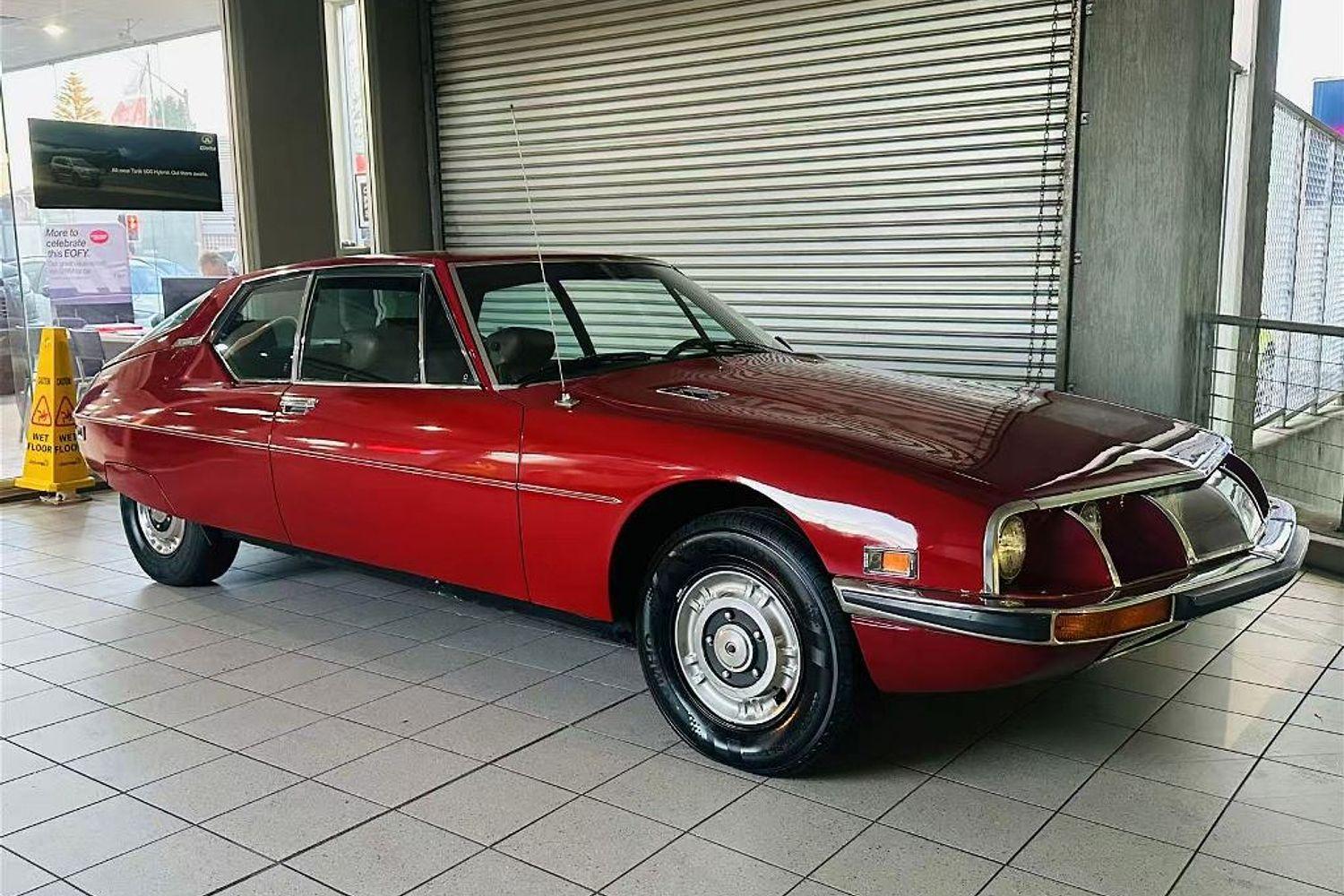Nissan ZEOD RC debuts in Japan
A development of the Anglo-British 'DeltaWing' race car that made its competition debut as a prototype at this year's Le Mans 24 Hours race, Nissan's evolution of the concept features an electric powerplant with supporting internal combustion engine, similar to the hybrid set-up (which included a Nissan petrol engine) of the original.
Eight months of development, design and construction since Nissan took over the project has resulted in what they call the 'ZEOD RC', standing for Zero Emissions On Demand Race Car.
The ZEOD RC will race at Le Mans again in next year's 24 Hour, operating out of the 'Garage 56' for vehicles showcasing new technology.
The ZEOD RC will become the first car to complete an entire race lap of the 8.5-mile Le Mans circuit on nothing but electric power. Nissan say the car will reach speeds in excess of 300km/h (185 mph) and lap the famous French circuit faster than an LM GTE car.
The driver will be able to switch between petrol and electric power, with the racer also able to generate and store energy through regenerative braking.
"The Nissan ZEOD RC will utilize technology never before seen at Le Mans and will provide a very unique experience for the fans," said Ben Bowlby, the creator of the Delta Wing concept, who is now Nissan Director of Motorsport Innovation.
"To see the car go down the Mulsanne Straight at 300km/h in virtual silence will be very unique. Developing the battery technology to incorporate this into a Le Mans prototype is an enormous challenge, but the lessons learned will not only be very beneficial for the future LM P1 program, but also we can use this information to assist in the development of future versions of the Nissan LEAF and other electric vehicles for the road."
"The ZEOD RC utilizes our technology gained through the development of the Nissan LEAF Nismo RC, the first EV racer based on the mass production zero emission vehicle," said Nismo President, Shoichi Miyatani.
"The LEAF RC's energy management and efficient energy recovery system that is suitable for racing are just examples. We believe these technologies serve as important steps for using EV for motor sports."

















